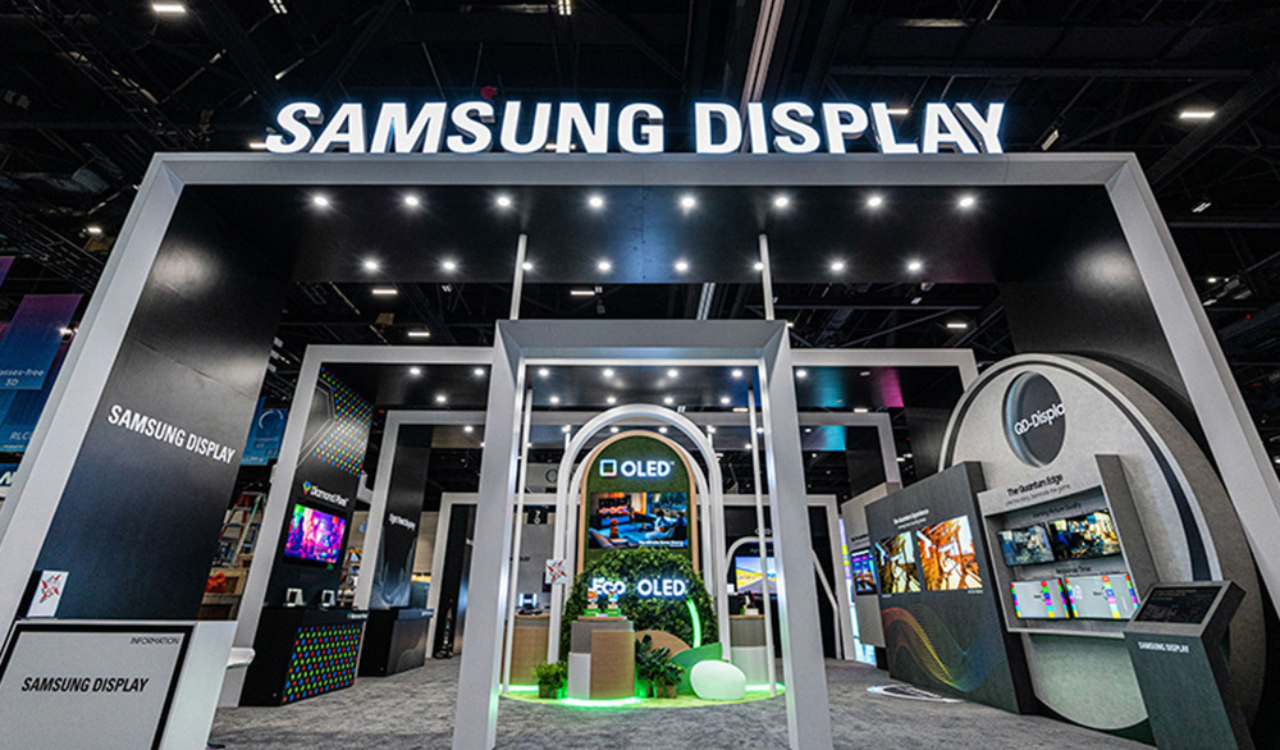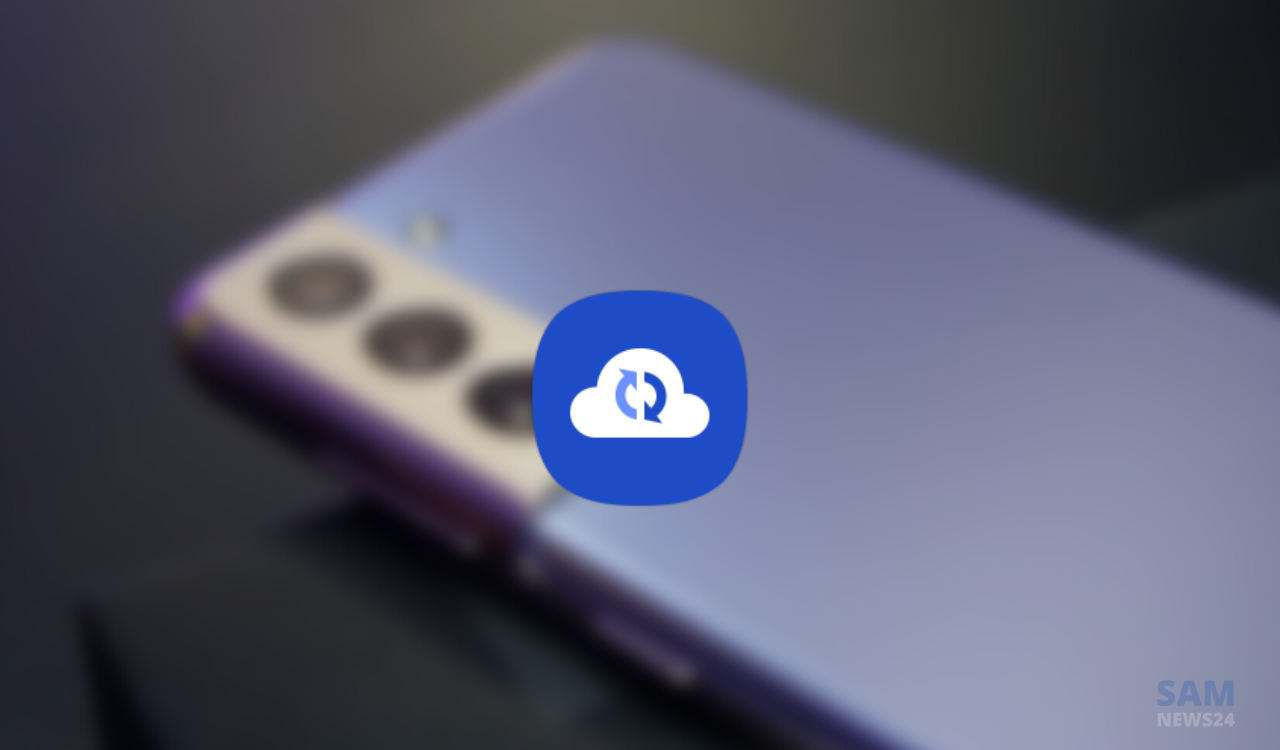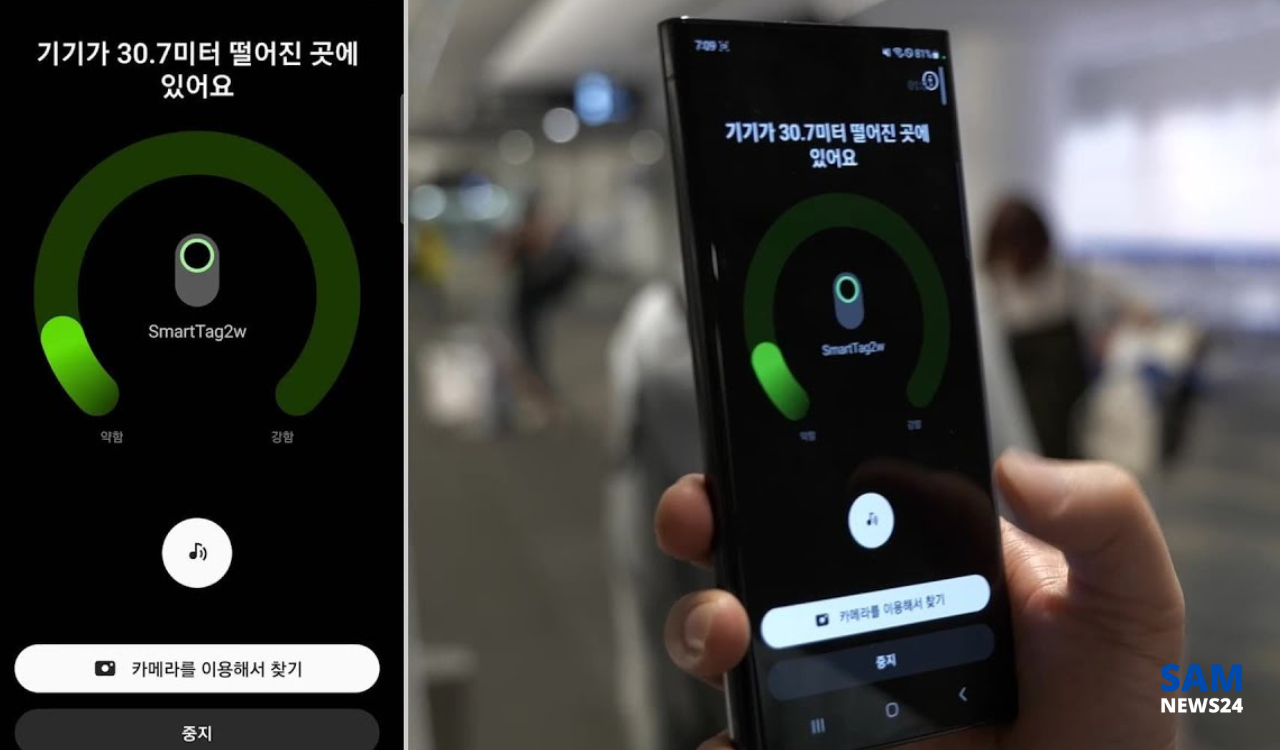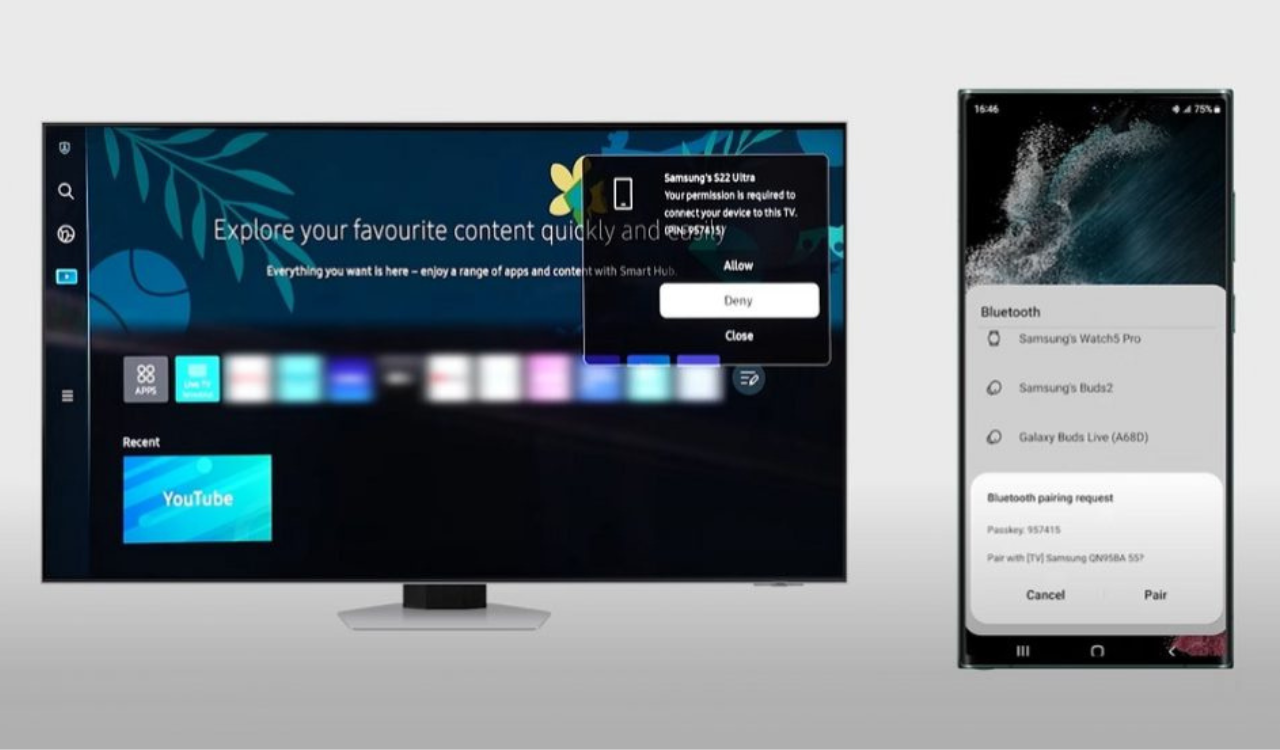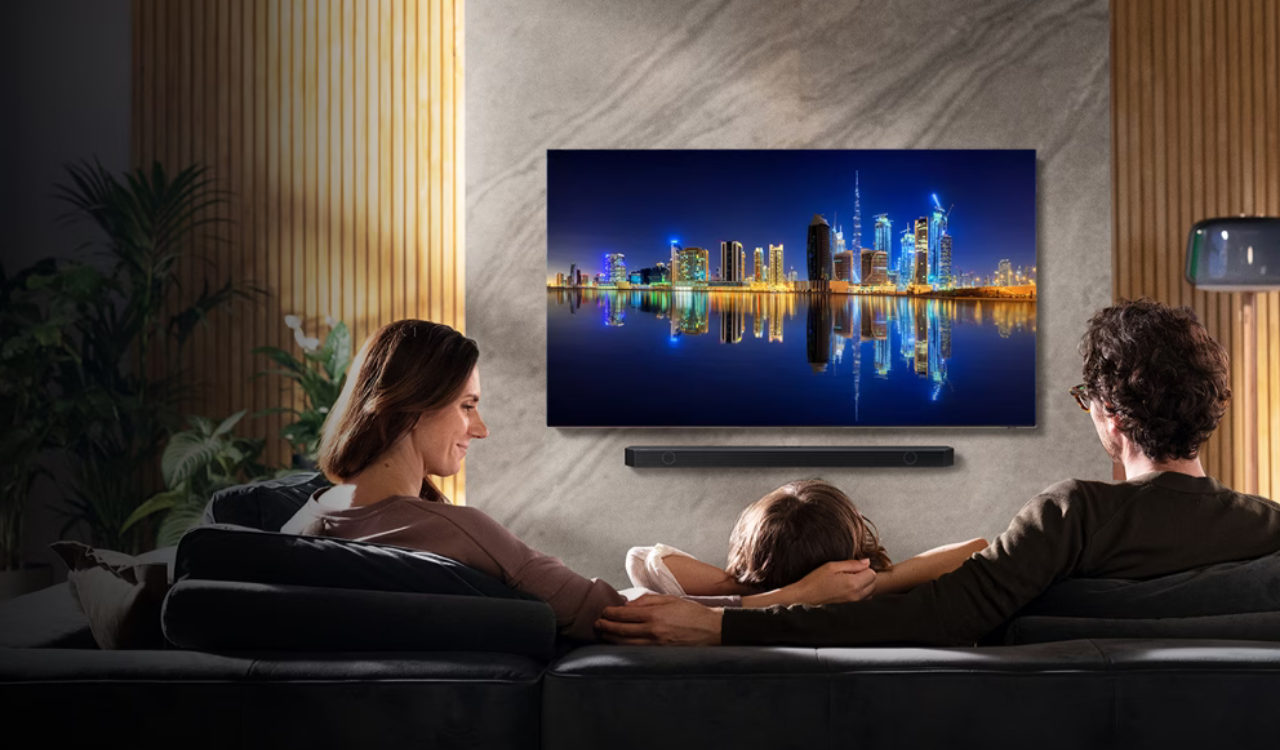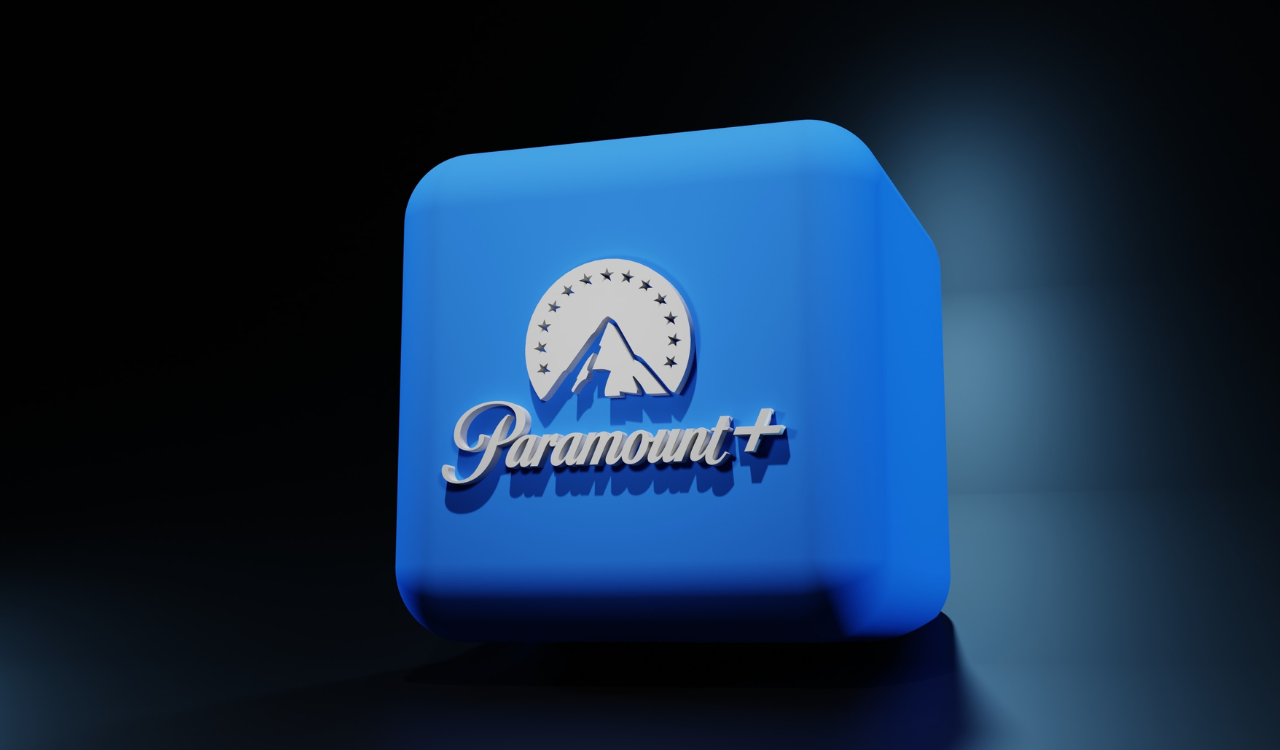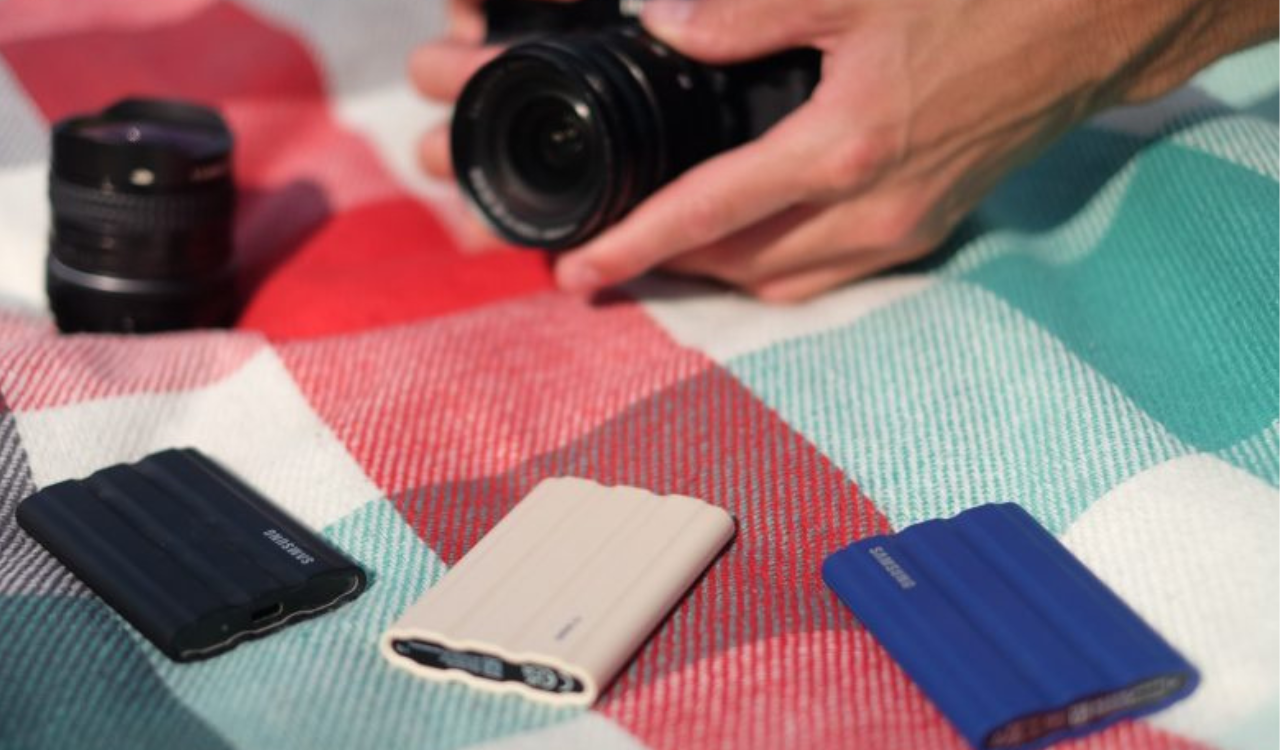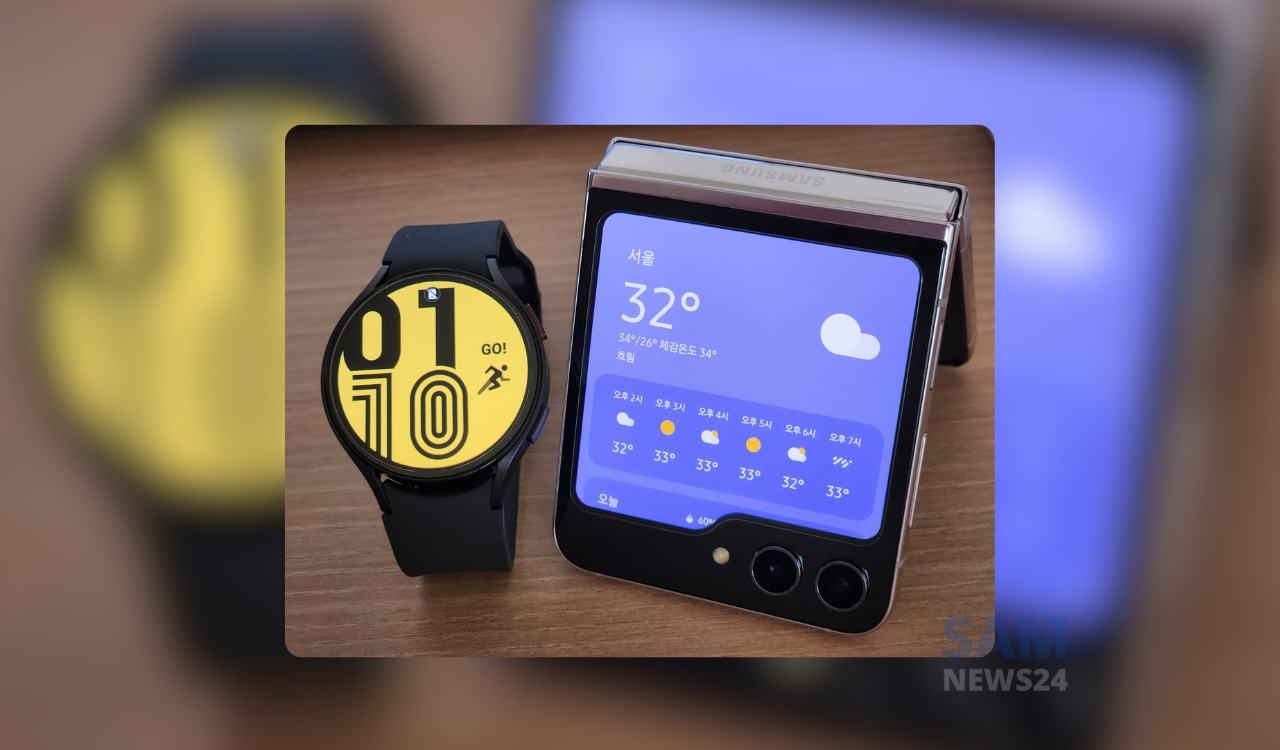Reportedly, Samsung Display and Japan’s JDI are testing the FMM-free ‘eLEAP’ (eRIP) technology. While its results are predicted to be known next year. As Samsung Display has shown interest in JDI’s new technology which is ahead of the blooming 8th-generation OLED market for IT.
“Samsung Display and JDI are testing eLEAP technology,” Kang Min-so, a senior researcher at market research firm Omdia, said at the ‘2022 Korea Display Conference’ held in Yangjae, Seoul, on the 21st, and predicted, “The results will be known next year.”
Samsung Display starts showing its interest in several technologies. In order to develop eighth-generation organic light emitting diode (OLED) technology for IT products. It includes making use of fine metal masks (FMM) similar to the earlier sixth-generation technology.
Also, the JDI declared its eLEAP technology which uses a semiconductor exposure process to segregate OLEDs without FMM. And as compared to previous small and medium-sized OLEDs that use FMM. JDI claims that eLEAP twice the aperture ratio also doubles the maximum level of brightness, and extends the lifetime by three times. Additionally, JDI focuses on FMM can be utilised for up to 6 generations. Whereas eLEAP can be used for 8 generations and above. Also, in domestic industry, the predominant requires more time to commercialise eLEAP technology.
Researcher Minsoo Kang also said of eLEAP, “It’s an interesting technology, but we have to weigh the cost.” “eLEAP uses photoresist instead of the metal mask (FMM) to repeat the process of patterning, depositing, and erasing each red (R) rust (G) blue (B) subpixel,” he said, adding, “Compared to metal masks, (eLEAP) has a clear advantage of increasing subpixels and pixel size, increasing luminance, and increasing lifespan.”
JDI’s eLEAP tech and Microdisplay
Ahead of this, it was said that in the third quarter, a senior official of Samsung Display visited the headquarters of Applied Materials (AMAT). A US semiconductor and display equipment company in order to discuss JDI’s eLEAP tech and microdisplay. While the JDI taking feedback from its equipment partner AMAT about eLEAP. As it uses supplies equipment such as vertical deposition machines to JDI.
Although, Kang also said, “Metal masks can be removed after depositing subpixels, but if you use photoresist, the investment cost may increase because one set of exposure processes are required for each subpixel.”
Moreover, FMM is highly difficult because it reduces the sagging of the centre area down. As it reduces due to its weight and must be able to be repeated hundreds of times. Additionally, this market is led by Japan’s Daini Phone Printing (DNP). It is the 8th generation OLED for IT. The same has been developed by Samsung Display and others.
Also, the Samsung Display is predicted to be the first domestic and foreign panel company to invest in 8th-generation OLED for IT. Also, in the first 8th generation OLED line for IT, the same has been expected to be ordered as early as of this year. In contrast, the company plans to produce the single stack OLEDs in bulk with one layer of RGB light emitting layer. Whereas, in the second line, two stacks of tandem OLEDs with two layers of light-emitting layers.
